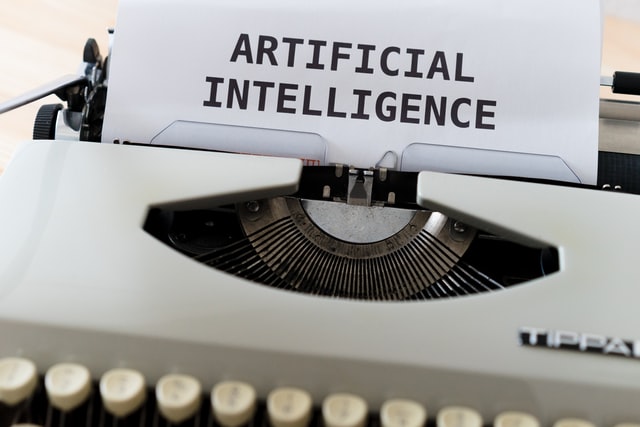Machine learning and AI is a topic that puts the fear of God into many transcribers!
AI is becoming more widely used across so many different sectors – from running online music lessons to transcribing Zoom meetings, the machines are gaining traction when it comes to transcribing the written word.
Our sector isn’t alone in this. There may not be a crystal ball to see exactly which sectors may be hardest hit by the machine takeover. From mail sorters to taxi drivers, bank cashiers to librarians, there are a number of job roles that may find they’re redundant within the next 50 years. And we simply don’t know if transcribers will be one of them.
Are AI speech recognition tools any good?!
What’s interesting is that the question isn’t new – in fact, it’s been around for quite some time. When researching this very blog we came across this article from 2006 that asked “Will I get replaced by a computer program?” Back then, when the technology was in its relative infancy, the conclusion in the article was that machines could help improve productivity and value, but that humans still one first prize for accuracy. And while the technology has improved vastly since then, it’s still not perfect.
Crystal ball aside, what we do know is that any article we’ve read, even those that are positive about AI and machine learning, admit that there are still issues with the end product in transcription. Accuracy often suffers, especially when the text has been extracted from noisy or multi-person environments. Throw in a broad accent and you’ll get a whole new layer of accuracy issues too!
What about security?
There are also concerns about security of online transcription services. Many of these services have been subject to breaches and scandals in recent years. From Alexa listening to your conversations at home (and they’re not alone – Google Home was found to be doing exactly the same thing in 2019) to high level data breaches, there is an element of risk for an organisation to entrust confidential, commercially-sensitive information to these online services.
As far as we’re concerned, human is best – and the stats still speak for themselves. We spoke about this back in 2018, when the most recent error rate for speech recognition accuracy was 5.1%. A year later and things may have improved, as this article suggests, but the fact is that AI still falls remarkably short of a 99-100% accuracy rate.
With FSTL’s caliber of clients, accuracy is everything and we pride ourselves on delivering an exceptional service that delivers each and every time. It’s the FSTL way!

